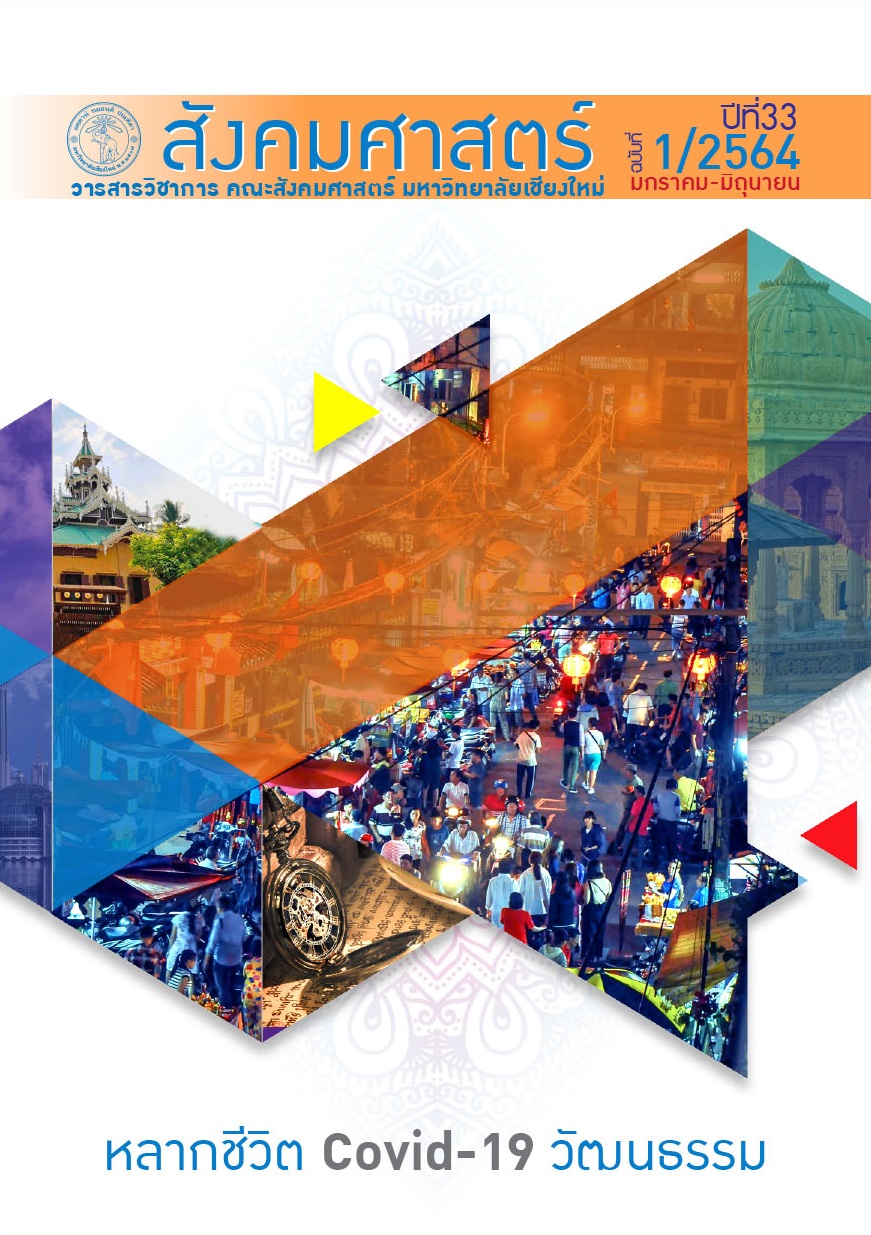Thai E-League Pro: a digital game competition and game consumption in Thai Society.
Main Article Content
Abstract
This article is a study of eSport through a Thai E-league Pro that is a football digital game competition and digital game consumption in Thai society. For a study about the background and formation of Thai E-league Pro, a relationship of sectors that contributed to the competition, a production for promotions professional football Thai League and forms of digital game consumption. With 2 methods: document research and fieldwork. The result of the study shows that Thai E-league Pro is supported by the Football Association of Thailand and Konami company that developed the Pro Evolution Soccer game and including sponsors from the professional football program Thai League to produce the competition program for the promotion of the professional football program Thai League. Digital game consumption in Thai society includes play the digital game by yourself and watch another gamer playing (streamer, caster) and digital game competition program through online platform.
Article Details
All written articles published on Journal of Social Sciences is its author’s opinion which is not belonged to Faculty of Social Sciences, Chiang Mai University or is not in a responsibility of the journal’s editorial committee’s members.
References
ซามูเอล กรีนการ์ด. 2017. อินเทอร์เน็ตแห่งสรรพสิ่ง. กรุงเทพฯ: Open Worlds.
Adorno, Theodor W. 2001. “Culture Industry Reconsidered.” In The Culture Industry: Selected Essays on Mass Culture, edited by J. M. Bernstein, [98-106]. London: Routledge.
Abanazir, Cem. 2018. “Institutionalisation in E-Sports,” Sport, Ethics and Philosophy 13 (2): 1-15.
Dillon, Roberto. 2011. The Golden Age of Video Games. United States of America: Taylor and Francis.
Gay, Paul Du., Stuart Hall, Linda Janes, Anders Koed Madsen, Hugh Mackay, & Keith Negus.
Doing Cultural Studies: The Story of the Sony Walkman. California: SAGE Publications
Green, Lelia. 2001. The Internet: An introduction to New Media. New York: Berg.
Horst, Heather A, and Daniel Miller. 2012. Digital Anthropology. London: Berg.
Hilvoorde, Ivo van, and Niek Pot. 2016. “Embodiment and Fundamental Motor Skills in eSport,” Sport, Ethics and Philosophy 10 (1): 14-27.
Hutchins, Brett. 2006. “Signs of Meta-change in Second Modernity: The Growth of E-sport and the World Cyber Games,” New Media & Society 10 (6): 851-869.
Horkheimer, Max, and Theodor W. Adorno. 2007. “The Culture Industry: Enlightenment as Mass Deception”. In Dialectic of Enlightenment: Philosophical Fragments. edited by Edmund Jephcott, translated by Gunzelin Schmid Noeer. [94-136]. California: Stanford University Press.
Jin, Dal Yong. 2010. Korea's Online Gaming Empire. Massachusetts: The MIT Press.
Kerr, Aphra. 2006. The Business and Culture of Digital Games: Gamework and Gameplay. London: SAGE Publications.
Jonasson, Kalle, and Jesper Thiborg. 2010. “Electronic Sport and Its Impact on Future Sport,” Sport in Society 13 (2): 287-299.
Karhulahti, Veli-Matti. 2017. “Reconsidering Esport: Economics and Executive Ownership.” Physical culture and Sport 74 (1): 43-53.
Llorens, Mariona Roswell. 2017. “eSport Gaming: The Rise of a New Sports Practice.” Sport, Ethics and Philosophy 11 (1): 1-13.
Parry, Jim. 2018. “E-sports are Not Sports.” Sport, Ethics and Philosophy13 (1): 1-16.
Scholz, Tobias M. 2019. eSports is Business: Management in the World of Competitive Gaming. Cham: Palgrave MacMillan.
Taylor, T. L. 2012. Raising the Stakes: E-Sports and the Professionalization of Computer Gaming. Massachusetts: The MIT Press.
Van Hilvoorde, Ivo. 2016. “Sport and Play in a Digital World,” Sport, Ethics and Philosophy16 (10): 1-4
Williams, Raymond. 2003. Television: Technology and Cultural Form. London: Routledge.


